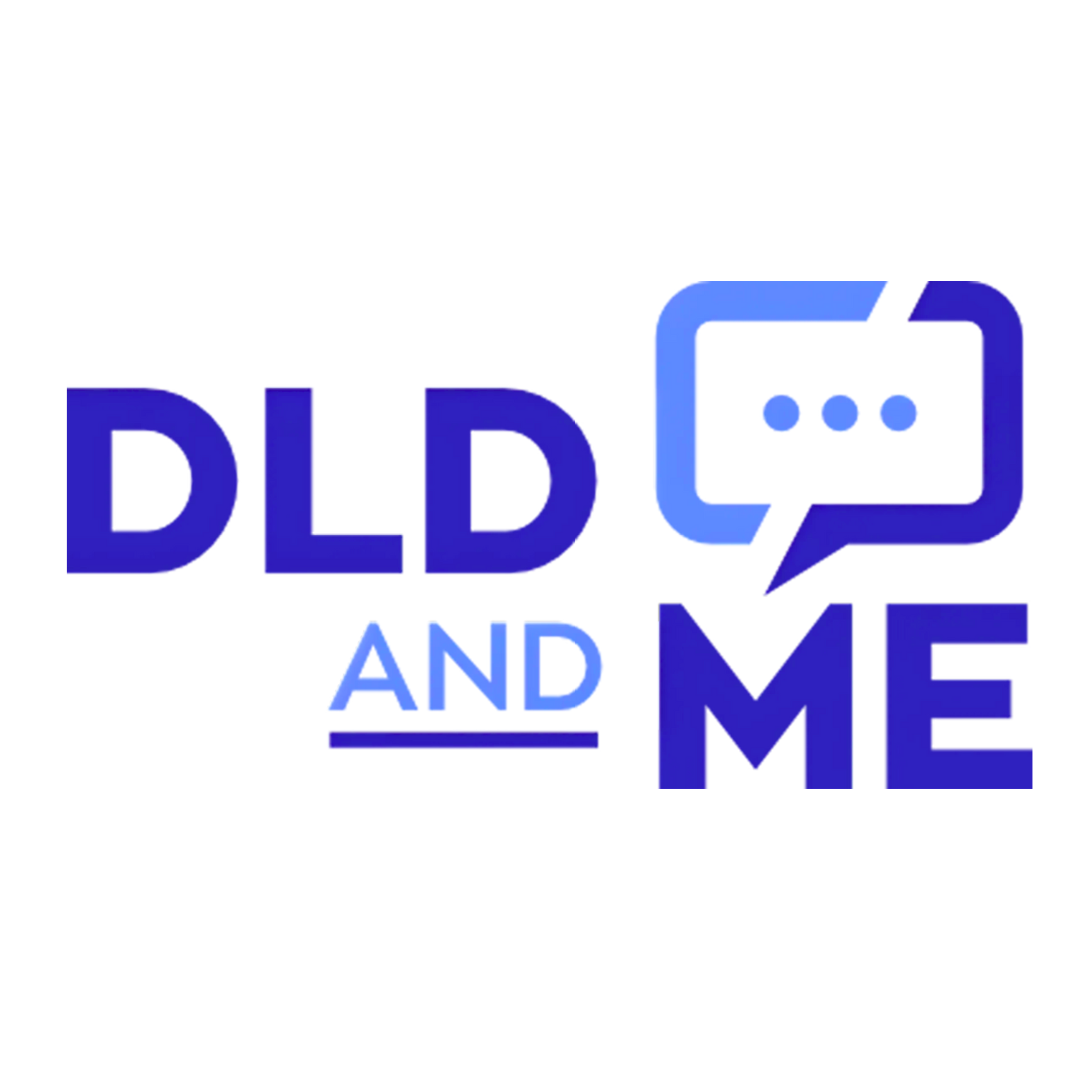School Achievement and Developmental Language Disorder
Written By:
Rouzana Komesidou, Ph.D.
Boys Town Research Hospital
Tiffany P. Hogan, Ph.D., CCC-SLP
MGH Institute of Health Professions
The ability to understand and use language can impact how much a child learns in school. Children learn by listening to the teacher’s spoken language and reading the language written in books. They use language to ask and answer questions and to participate in classroom activities such as show-and-tell for younger children and oral presentations for older children. Most tests that examine children’s understanding of subject matter involve reading and writing answers.
Children with Developmental Language Disorder (DLD) are at risk for poor school achievement because of their oral language difficulties. They have a hard time using language and understanding what teachers or classmates say. Children with DLD are also more likely to have reading disabilities than other children, affecting their ability to acquire content required for learning. Reading disabilities are characterized by difficulties with reading individual words and/or understanding what is read. For example, a child might struggle with reading the word ‘nocturnal’ or understanding that ‘nocturnal’ means active at night.
Finally, children with DLD are more likely to have math disabilities than other children. They may not struggle with number-only calculations, like (4+5)/3, but story problems can be difficult. For example, consider the heavy language load in this problem: A girl goes to the store with 4 pennies and a nickel. She wants to buy 3 pieces of candy which cost 3 cents each. How many pieces of candy can she buy?
Ways to Support Your Child in School
The good news is that with the right support, children with DLD can succeed in school. This support begins with a comprehensive assessment of language, reading, and learning to identify areas of need and to develop an appropriate and individualized intervention plan. Support may look different from child to child because each child with DLD has a unique set of skills. That is why it is also important for school-based professionals, for example, teachers, speech-language pathologists, and reading specialists, to work closely and to maximize opportunities for school success for all children with DLD.
ReferencesAdlof, S. M., & Hogan, T. P. (2018). Understanding dyslexia in the context of developmental language disorders. Language, Speech, and Hearing Services in Schools, 49(4), 762–773.
Alt, M., Arizmendi, G. D., & Beal, C. R. (2014). The relationship between mathematics and language: Academic implications for children with specific language impairment and English language learners. Language, Speech, and Hearing Services in Schools, 45(3), 220–233.
Catts, H. W., Fey, M. E., Tomblin, J. B., & Zhang, X. (2002). A longitudinal investigation of reading outcomes in children with language impairments. Journal of Speech, Language, and Hearing Research, 45(6), 1142–1157.
Cross, A. M., Joanisse, M. F., & Archibald, L. M. (2019). Mathematical abilities in children with developmental language disorder. Language, Speech, and Hearing Services in Schools, 50(1), 150–163.



